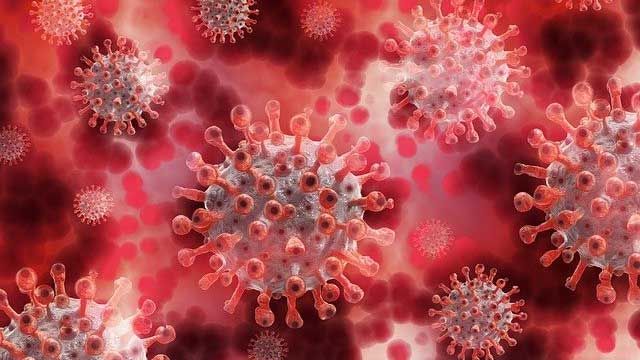Single-Cell Analysis – News and Features

News
New Method Helps With Analysis of Single-Cell Data
A statistical model that removes background noise from single-cell transcriptomic data has been developed.

News
Another MAIT Cell Superpower Uncovered
Mucosal-associated invariant T (MAIT) cells don't obey the usual immune cell rules, and new research has revealed another "superpower" of this cell type.

News
World’s First Chimeric Monkey Born Using Embryonic Stem Cells
Chinese scientists report the first birth of a live chimeric monkey whose cells largely derive from a line of monkey stem cells. Their findings are published in Cell.

News
Cellular Atlas Built To Guide Precision Treatment of Rheumatoid Arthritis
Precision treatment for rheumatoid arthritis is key. New research has used a cellular atlas to outline the variety of cellular causes, which may inform targeted, effective therapies.

News
Understanding the Neural Circuits That Control the Speed of Locomotion
Researchers at Karolinska Institutet, Sweden have uncovered the molecular logic underpinning the assembly of spinal circuits that control the speed of locomotion in adult zebrafish.

News
Early Warning Signs for Severe Dengue Fever Identified
Researchers have shown that dengue virus can disrupt the immune system in children, leading to more severe disease. These results could lead to better diagnosis and treatment.

News
Researchers Use Light To Regulate Gene Expression in Organoids
Organoids help researchers understand biological processes in health and in disease. It is, however, difficult to influence the way in which they organize themselves into complex tissues. Now a group has found a new way to do so.

News
How an Unexpected Discovery in a University Pond Changed the DNA Rulebook
A recent discovery, published in PLoS Genetics, challenges the “rulebook” of DNA. We speak with the first author, Dr. Jamie McGowan, to learn about the accidental finding and what it means for synthetic biology.

News
Viral Reprogramming of Cells Can Increase Risk of Cancers
Researchers have unpicked the mechanism behind how Kaposi's sarcoma herpesvirus reprograms immune cells, increasing inflammation and making an individual vulnerable to cancer development.
Advertisement


